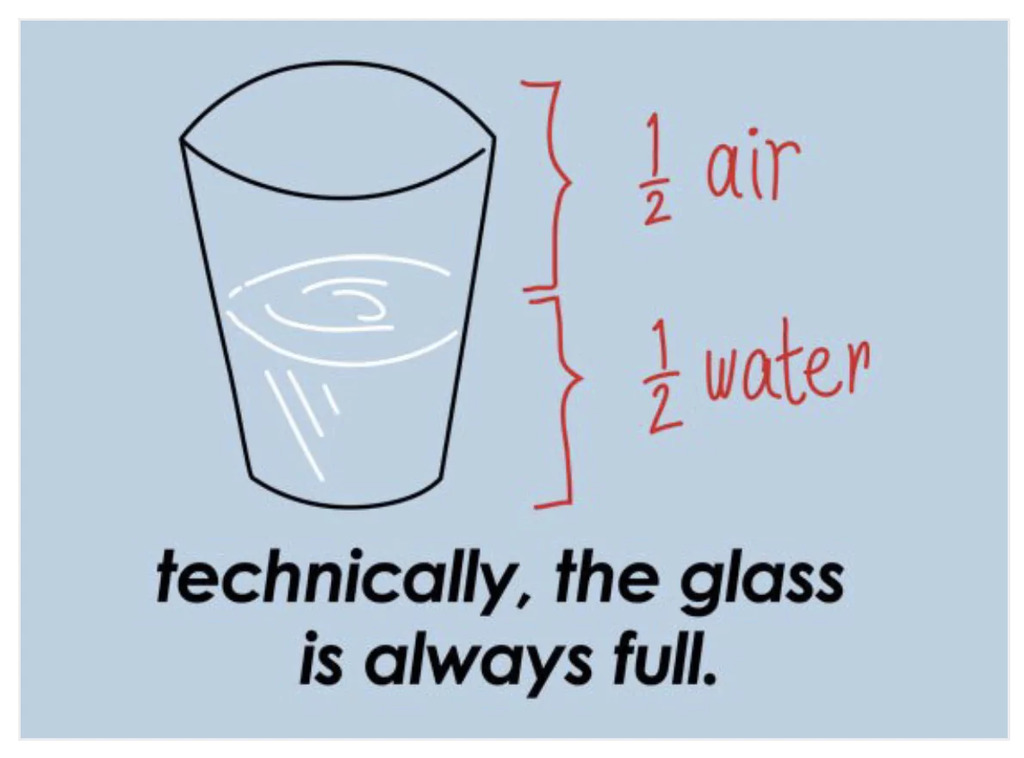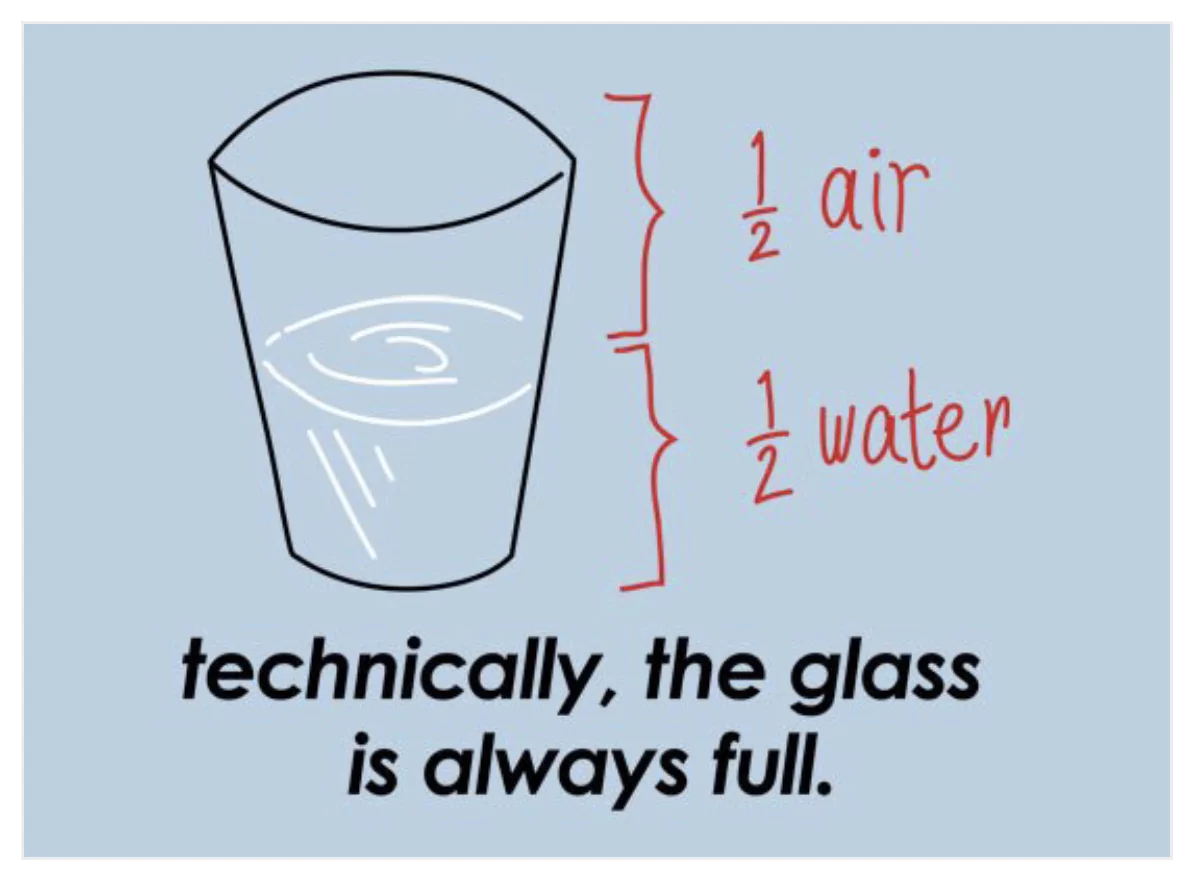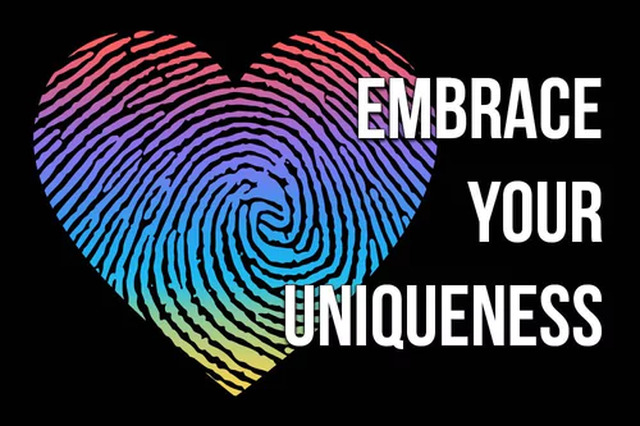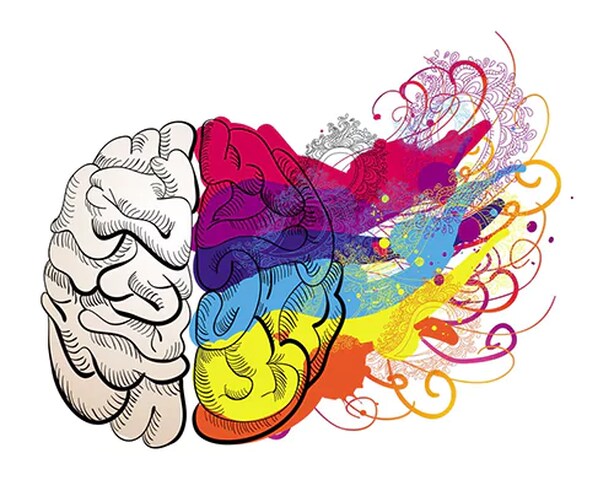By using our website, you agree to the use of cookies as described in our Cookie Policy

You may have heard of the well-known saying that talks about whether one sees a glass half full or half empty. It is said that the person who sees the glass half empty is more pessimistic whereas the person who sees the glass half full is more optimistic. While I don’t believe that a single viewpoint such as this completely determines whether one is a pessimist or an optimist (or whether one can be squarely put into one of those categories to begin with), it does bring up an important topic—the power of your mindset.
There are a lot of different ways that people can conceptualize using one’s mindset. Merriam-Webster defines “mindset” as “a mental attitude or inclination” (Merriam-Webster, n.d., Definition 1). Mindsets can be seen as general dispositions that influence emotions and behaviors. They can also be used specifically to manifest goals.
Cognitive-behavioral therapy has long looked at the role of automatic thoughts in a person’s mindset (Nakao et al., 2021). This approach believes that changing the thoughts can change the mindset and thus the emotions and behaviors that ensue from the mindset. For example, if your partner did not text you back all day, you could think, “See, I knew they didn’t really love me. They think it is a pain to have to answer me” or you could instead think “I know Tuesdays are their busy days, so they are probably swamped at work.”
One could easily imagine how the former thought could lead to an emotional rollercoaster of feeling unloved and potentially even the provoking of a fight with your partner when they get home from work. The latter thought is probably more likely to allow for a calmer approach or even a complete letting go of the lack of text to begin with.
I will give another example from my own life. Recently, I went to my best friend’s wedding in which I was a bridesmaid. It was a three-day ordeal that required a lot of involvement from the bridal party, and it was also something I was immensely looking forward to. The whole wedding went off without a hitch and was a great celebration.
Exactly a week later, I came down with the stomach flu. I was pretty sick and was unable to go visit my family the day I was hoping to because of being so ill. My partner of course said he was really sorry that I felt so bad and missed out on spending time with my family. My immediate response was, “Actually, I am just so thankful that I got sick after the wedding. I got so lucky I didn’t miss everything.”
Instead of wallowing in self-pity about the fact that I was seriously ill or that I missed out on something I wanted to do with my family, I was quite grateful that I got sick when I did and didn’t have to miss my best friend’s wedding because of it. This allowed the not-so-fun experience of being sick to stay within the physical realm—my mindset remained free of negative emotions and thoughts, and I wound up getting over being sick the next day and moved right along with life.
There is also a specific concept of a growth mindset which hinges on the belief that “one has the capacity to grow” (Tao et al., 2022, p. 2). Individuals with a growth mindset are basically flexible with their viewpoints and approaches and are more likely to put forth a solution-oriented mindset when working toward a goal because they have inherent belief in themselves.
A really common example of where this mindset comes in handy is at school or work. Focusing on the negative of failing a test or performing poorly at work, for example, is probably going to prevent you from doing better in the future. You’ll likely think the failure is representative of your capabilities as a student or employee; this leads to a negative interpretation of the event and of self as well.
However, if you have a foundational solution-oriented and growth-based mindset, I’m willing to bet you will be more likely to get back up, understand that you made a mistake, and then focus on figuring out a game plan on how to improve. You might even have a positive outlook on the situation and appreciate it as an opportunity to learn and grow rather than see it as a setback.
I want to take a moment and also normalize and validate the experience of what I might call “being in a bad mood”. This is part of the human experience, and it is going to happen sometimes. However, a mood can be a temporary and even fleeting state. A mindset, however, is an underlying approach to life. Having this understanding and acceptance is a mindset in and of itself. A solution-oriented mindset allows you to give yourself grace during moments of upset, take a breath, and then think about how you’d like to respond to the situation instead.

The fundamental appreciation for and use of the uniqueness and strengths of each client greatly influenced the field of psychotherapy as a whole. We already saw the presence of this thinking in Solution-Oriented Hypnosis. Solution-focused brief therapy—a specific therapy model—also stems from the idea that clients can initiate solutions in their life simply from the strengths they already have.
Perhaps it might be fun for you to play with this idea as well. Pay attention to the skills and resources that are unique to you that you might not have even noticed before. See where else in life you can apply them while keeping an open mindset about how they will work. They might not do anything at all, or they might do something cool that you didn’t expect. That is the fun and uniqueness of it.
References
Merriam-Webster. (n.d.). Mindset. In Merriam-Webster.com dictionary. Retrieved April 10, 2023,
from https://www.merriam-webster.com/dictionary/mindset
Nakao, M., Shirotsuki, K., & Sugaya, N. (2021). Cognitive–behavioral therapy for management
of mental health and stress-related disorders: Recent advances in techniques and technologies. BioPsychoSocial Medicine, 15, Article 16. https://doi.org/10.1186/s13030-021-00219-w
Tao, W., Zhao, D., Yue, H., Horton, I., Tian, X., Xu, Z., & Sun, H. (2022). The influence of
growth mindset on the mental health and life events of college students. Frontiers in Psychology, 13, Article 821206. https://doi.org/10.3389/fpsyg.2022.821206
Article by: Kayleigh Sabo, M.S.
‹ Back













